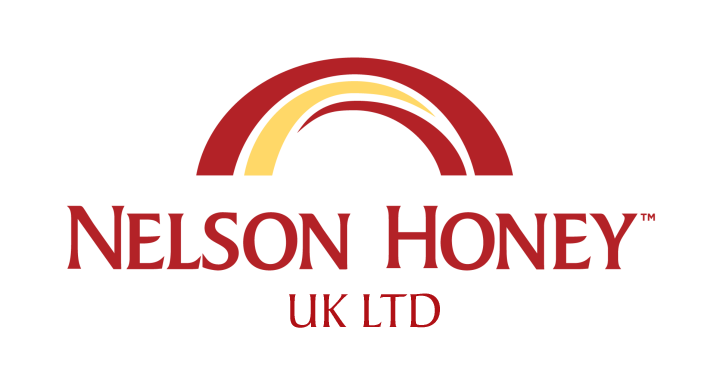Frequently Asked Questions for Nelson Honey
These are just some of the Frequently Asked Questions (FAQs) we get at Nelson Honey. They have all been put together here for your convenience, take a look and see if it answers your question. If you have a question that isn’t on the list, send it to us and we will see if we can answer it for you!
Manuka Ease has fallen foul to the ‘Novelty Food Act’, and therefore is not currently permitted for sale with the EU.
Suggested amount is 1-2 teaspoons per day. This can be enjoyed on toast, in porridge, straight off the spoon or in a warm drink.
Honey is a natural form of glucose or sugar; therefore, can be substituted for sugar already in your daily diet. We always recommend diabetics to contact your general practitioner for further advice.
We keep processing to a minimum. Once extracted, our honey is filtered, and put straight into jars for you to enjoy.
Every batch of our manuka honey is tested by various NZ accredited laboratories for authenticity. All of this certification can be found on the side of every jar using our Batch Track System.
Absolutely! Honey is one of the only foods that will never go off. Hence the ‘best before’ date instead of an ‘expiry’ date.
Yes. We source PET 1 jars so when empty, you can pop into your recycling bin.
No, Manuka honey only comes from the Manuka Bush which is indigenous to New Zealand. We use regular honey bees (Apis mellifera) but we think all our bees are special!
Yes, if you’ve eaten honey previously then you will also be able to take Manuka honey.
Honey of any sort should not be given to Children under 12 months of age. It is however, safe to have while you are pregnant and can be a great natural way to help with colds, coughs and flu’s during this time.
Honey is easily affected by light and heat. Sugar crystals trigger a chain reaction when stored incorrectly. Crystallization can also happen with age so try to keep your honey in a warm, dry cupboard and avoid direct sunlight or refrigeration.
Yes, this is a great way to treat your symptoms. Make sure your water is not too hot and add the honey just before you drink it.
Manuka honey is a natural product and may have regional variations. The colour, taste and viscosity are highly dependent on the flowers that the bees visit, and we can only point them in the right direction. Rest assured though; your honey is all tested to be true to label.
There are many factors giving Manuka Honey it’s ‘liquid gold’ reputation. It has many health and healing benefits and is therefore in high demand from all over the world. The Manuka bush has a short flowering season of between 2-8 weeks which is heavily weather dependant. Good quality Manuka Honey often comes from remote areas of dense manuka forest far away from chemicals, pollutants and pesticides. Some locations can only be accessed by boat or helicopter. Genuine manuka honey goes through strict testing criteria to certify its authenticity before making the 12,000-mile journey to your door. Always look for ‘produced and packed in NZ’ on the label which limits the chances of interference or adulteration of this delicious honey.
Genuine Manuka honey only comes from New Zealand, glass is very heavy packaging and would add extra freight cost to the product. Also, having a product “produced and packed in NZ” is a great indicator that your honey is genuine. Honey packed in glass jars will have been packed in the UK meaning it could have been adulterated along the way.


